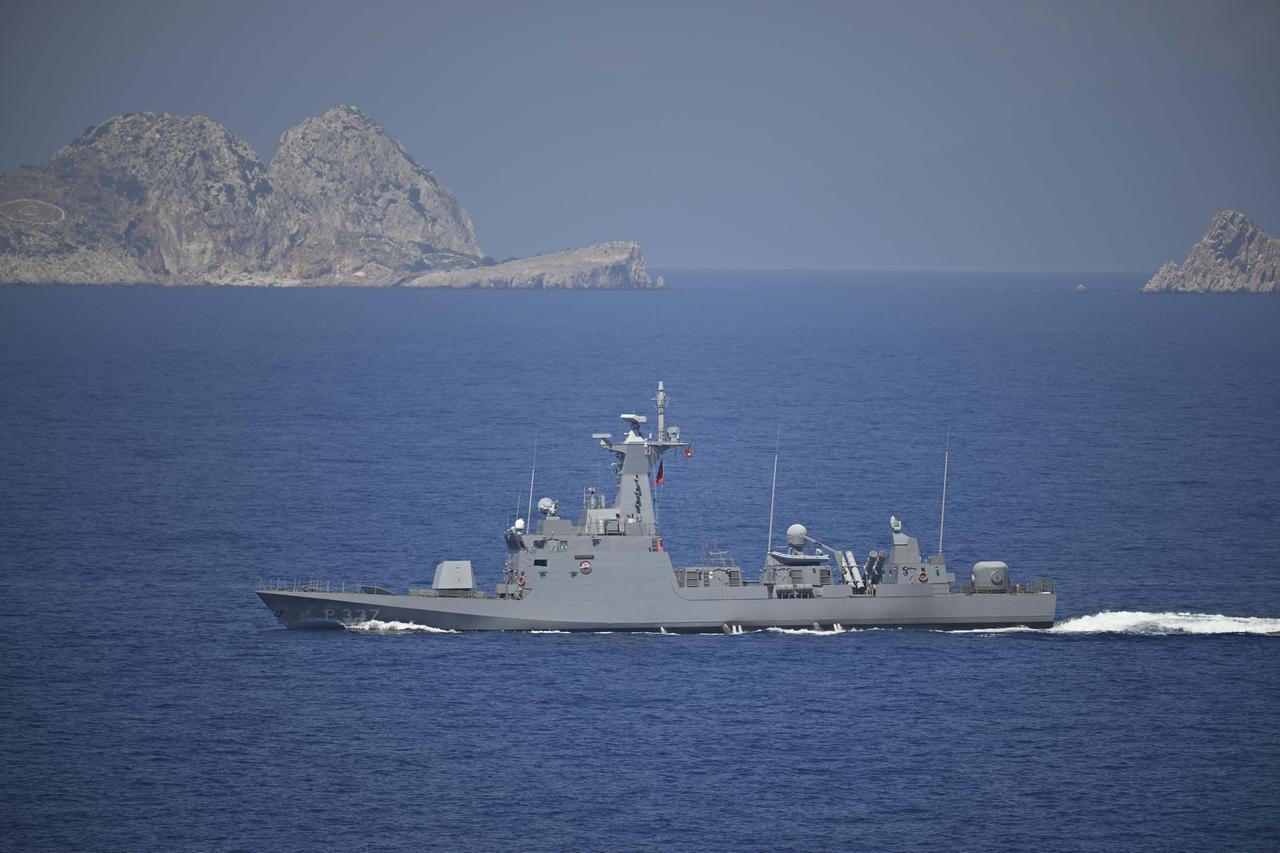
Türkiye's Permanent Representative to the United Nations, Ahmet Yildiz, emphasized his country's commitment to upholding the rule of law at sea and protecting freedom of navigation during a U.N. Security Council session focused on maritime security.
Speaking at the Security Council meeting, Yildiz highlighted Türkiye's strategic position as a nation surrounded by seas and its priority in maintaining the peaceful use of maritime areas.
"As a country surrounded by seas, we prioritize protecting freedom of navigation and the peaceful use of seas and oceans," Yildiz stated during his address.
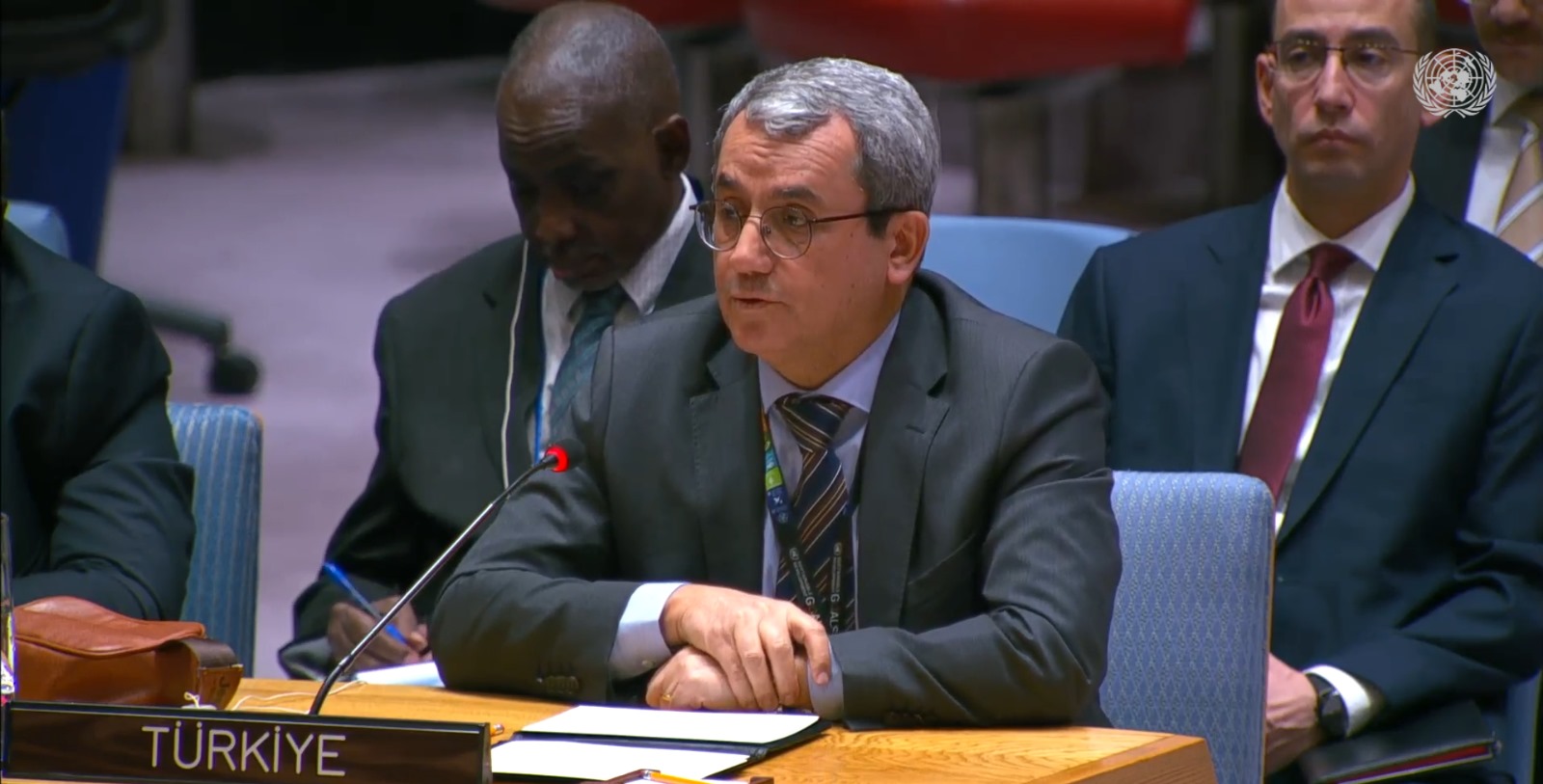
Yildiz underscored Türkiye's active participation in international maritime security initiatives, noting the country's involvement in joint operations against piracy, armed robbery, and maritime terrorism.
The Turkish diplomat highlighted operations in several key regions, including Somalia, the Gulf of Aden, the Arabian Sea, and the Horn of Africa, where Türkiye has contributed to international security efforts.
"We must decisively combat terrorism, organized crime, smuggling, and human trafficking that use sea routes," Yildiz emphasized, stressing that Türkiye's strategy against these threats is based on international cooperation.
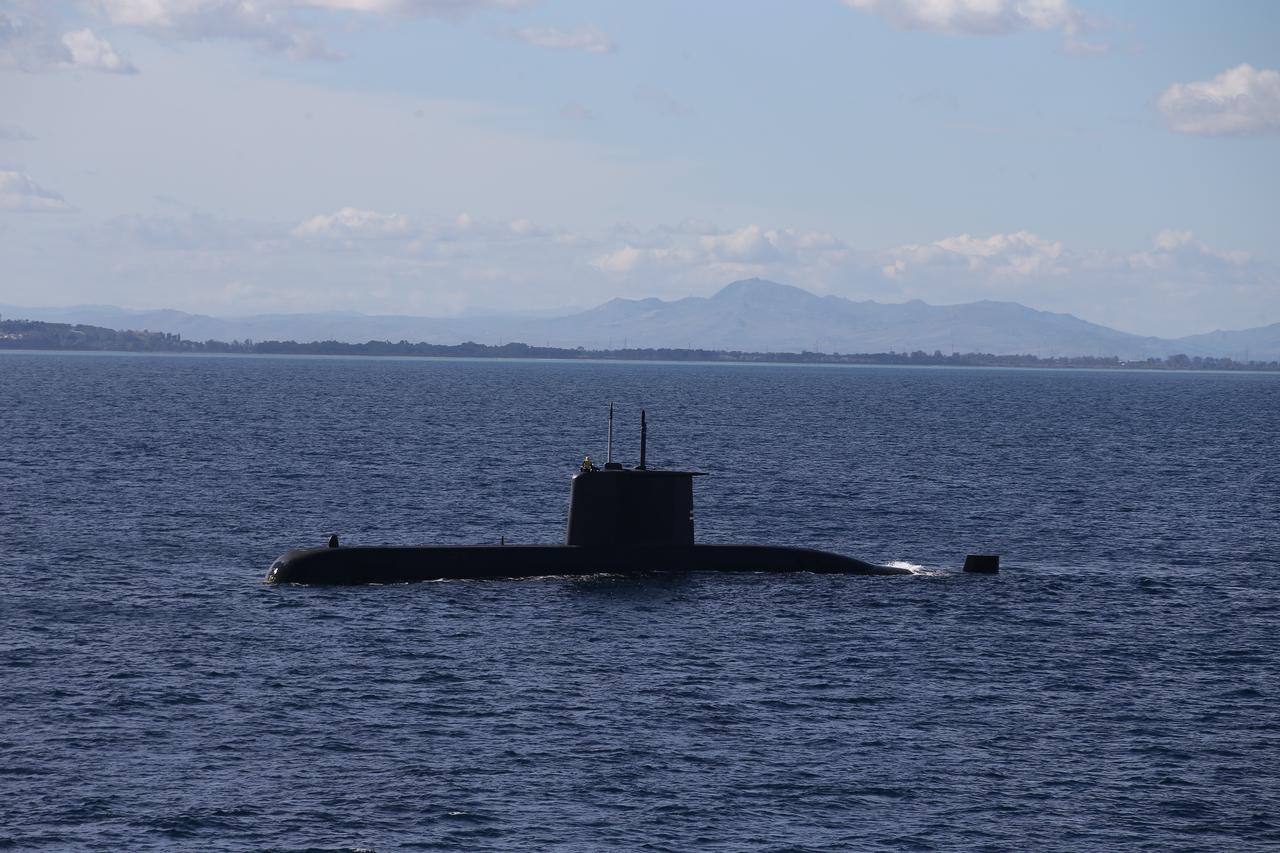
Addressing current regional challenges, Yildiz pointed to ongoing tensions in the Red Sea and Gulf of Aden, linking them to broader regional conflicts.
He noted these tensions confirmed long-standing warnings about the risk of Israeli aggression in Gaza spilling over regionally and threatening maritime navigation.
Yildiz welcomed the ceasefire between the United States and Yemen's Houthis, expressing hope that this development would enhance maritime security in the region.
The Turkish representative emphasized the unique position of Black Sea security within the Euro-Atlantic region, crediting the 1936 Montreux Convention for maintaining regional stability.
"For more than 80 years, due to the delicate balance created by the 1936 Montreux Convention and Türkiye's meticulous implementation of its provisions, the Black Sea region has never experienced military conflict in the maritime domain," Yildiz stated.
Despite the ongoing war in Ukraine over the past three years, Yildiz noted that the strategic balance in the Black Sea has been largely maintained.
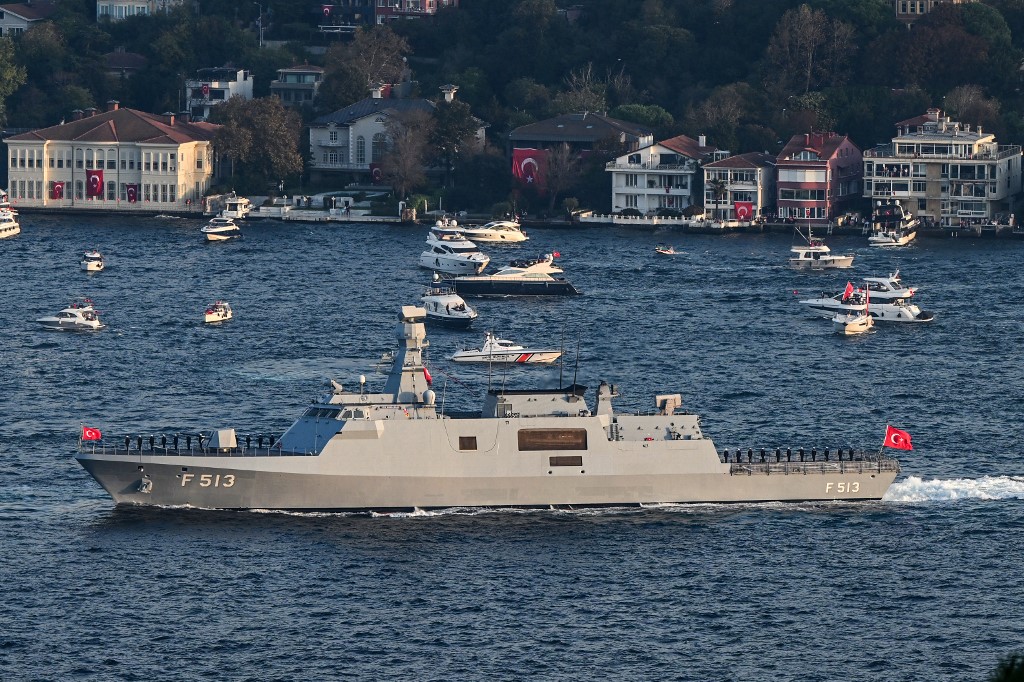
Yildiz highlighted the significance of the Black Sea Grain Initiative, mediated by both the U.N. and Türkiye, calling it not only a critical diplomatic success in preventing a global food crisis but also important in improving maritime security in the region.
"The stability of the Black Sea continues to be of critical importance in preventing the escalation and deterioration of the global food market," he emphasized.
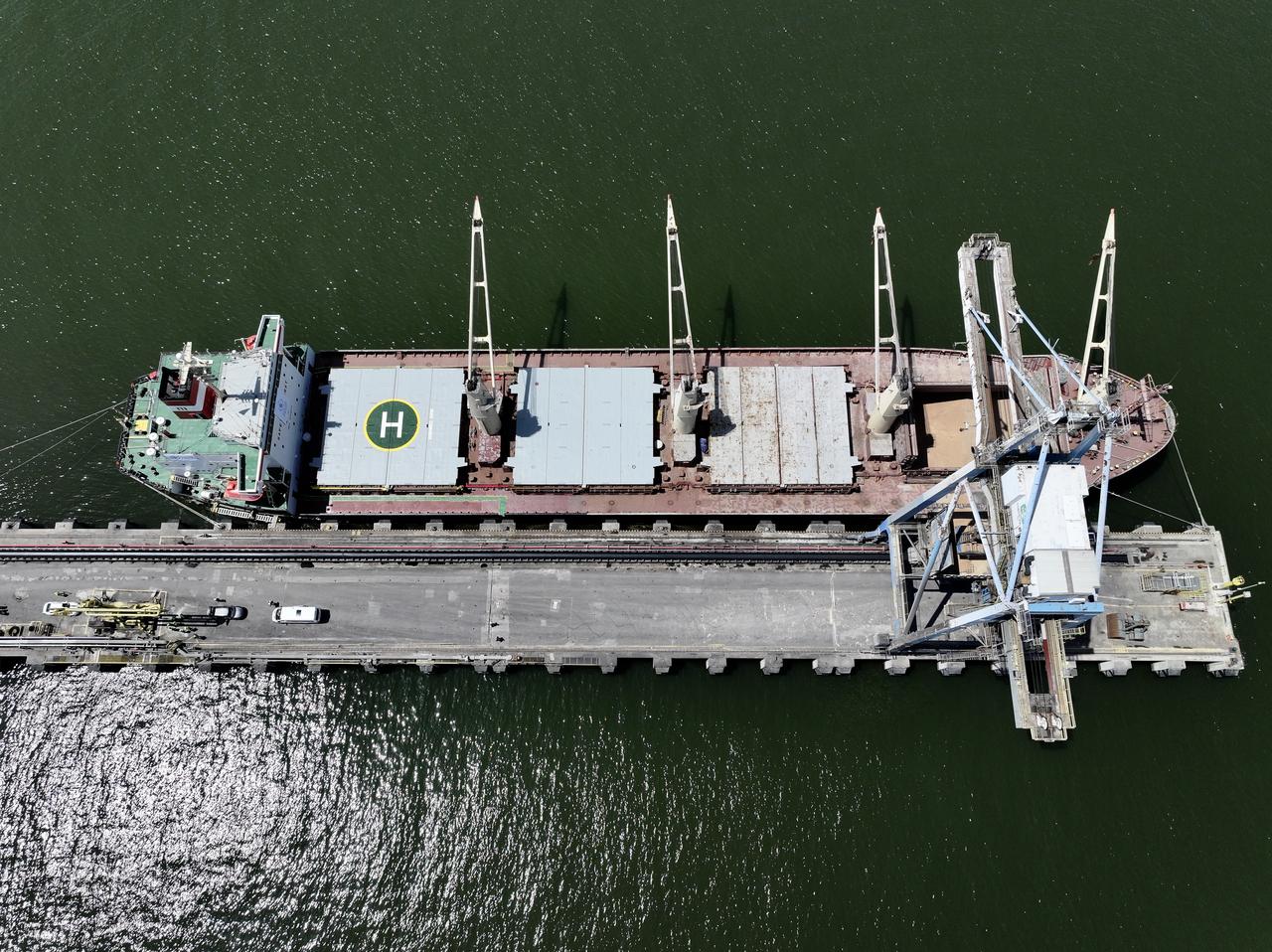
While acknowledging the importance of the U.N. Convention on the Law of the Sea (UNCLOS), Yildiz explained Türkiye's decision not to become a party to the agreement.
He stated that Türkiye's non-participation stems from provisions that do not adequately consider special conditions in enclosed and semi-enclosed seas, clarifying that this stance does not mean Türkiye lacks respect for maritime law.
Yildiz noted UNCLOS is neither universal nor comprehensive, and as a non-party state, Türkiye does not agree with defining UNCLOS as "the sole legal framework for maritime security."
The Turkish diplomat stressed the importance of ensuring fair maritime delimitation under international law, emphasizing that the principle of equity and jurisprudence of international courts should guide such matters.
"The use of hydrocarbon resources must take into account the legitimate and natural rights of all relevant peoples and parties," Yildiz stated.
"In this context, it is very important to avoid unilateral actions and maximalist approaches to promote stability and cooperation."
He expressed Türkiye's vision for the region as "an area of stability and prosperity where maritime jurisdictions are completely delimited fairly and peacefully on the basis of international law and hydrocarbon resources are shared fairly."